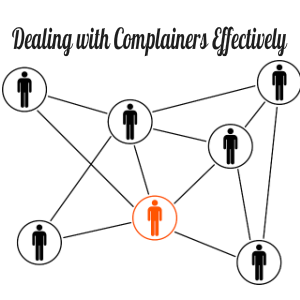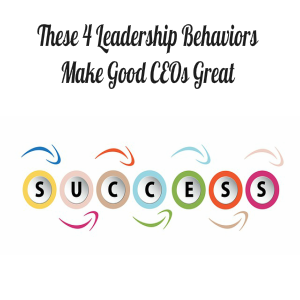Emotionally Fueled Behavior Affects Working Relationships
You have worked hard to get to be in the position you are in today. Along the way you have created a network of relationships. Whether you realize it or not, these relationships are emotionally fueled. Not only can workplace relationships be created on emotion, they are often enhanced, defined, and destroyed as a result of the way we handle our emotions.
Being seen as unprofessional, unstable, and untrustworthy can lead to a downward spiral in your work relationships and put an end to your hard earned career. To keep your emotions and relationships in check, you and your coworkers must realize there is a place for emotion in the workplace. How you use your emotions and how they are displayed contributes to the way your coworkers view you and what level of respect they hold for you.
Where Emotions Fit In
- Emotions affect the quality of decision making
- Emotions affect the formation of relationships
- Emotions fuel motivation and performance
- Emotions make creativity and innovation possible
Reversing Job Dissatisfaction
Overall satisfaction in the workplace has been in decline recently. Some attribute this unpleasant fact to the unstable and faltering ability of people to prioritize engagement with others. Too much time and effort is being spent on the bottom line, creating results and turning out a profit. Where does this leave the employee when it comes to feeling valued, appreciated, and respected for a job well done? As a leader, it is time to step up and say enough is enough. It is time to reengage with employees and to motivate through positive reinforcement. Doing so will improve what has been your number one goal the entire time, generating a substantial and worthwhile profit.
Emotional Inspiration vs. Rational Inspiration
Inspiration, when derived from emotion rather than rational factors, produces better, longer lasting results. Employees that feel an emotional connection to their coworkers and supervisors are more likely to experience a higher sense of self-worth and produce better results on the job. Leaders who take the time to establish these connections are respected more by those around them, create better teams, and are more likely to succeed.
As a leader it’s easy to think rationally when it comes to executing a plan of action to get the job done. You need player A to do this and player B to do that in order to get the work in on time. Instead of conducting a meeting where you sit and disperse orders, have you ever taken the time to stop and ask the opinion of your coworkers? What do they think? What are their ideas? A little acknowledgement and inquiring can go a long way towards establishing your role as both a leader and an emotional counterpart. Beginning at the top, conversation and communication needs to cascade throughout the entire team.
Turning Bad Days into Good
If you are a human being, then it is inevitable that you are going to experience a bad day or two. More than likely, those bad days will carry over into the workplace. Does your entire day have to be ruined? Do performance, productivity, and morale have to suffer because you’re having a bad day? The answer is no. The next time you are facing a bad day incorporate these steps into your routine.
- Recognize your mood
- Say you’re having a bad day
- Identify and control your emotions
- Remember what makes you happy
- Your bad mood won’t last forever
- Take some time to yourself
Remind yourself that it is okay to have a bad day once in a while. It’s a natural part of life and it’s bound to happen from time to time. Recognize your feelings and learn to manage them in a constructive way.
Contact us today!
Gary Brunson
gary@myclearfocus.com
Debra Rider
debra@myclearfocus.com
574.361.2674
Sustainable Growth & Profit Consultant, Coach, Mentor and Counselor/Therapist for Business Owners and Professional.


 Any supervisor or manager deals with complainers in the workplace at some point. There are employees who complain about their co-workers or about the company itself. Complaining is hard to stop but you can deal with it effectively if you put a plan in place.
Any supervisor or manager deals with complainers in the workplace at some point. There are employees who complain about their co-workers or about the company itself. Complaining is hard to stop but you can deal with it effectively if you put a plan in place.

 Want to be a Mentally Tough Leader? Develop These 6 Habits
Want to be a Mentally Tough Leader? Develop These 6 Habits